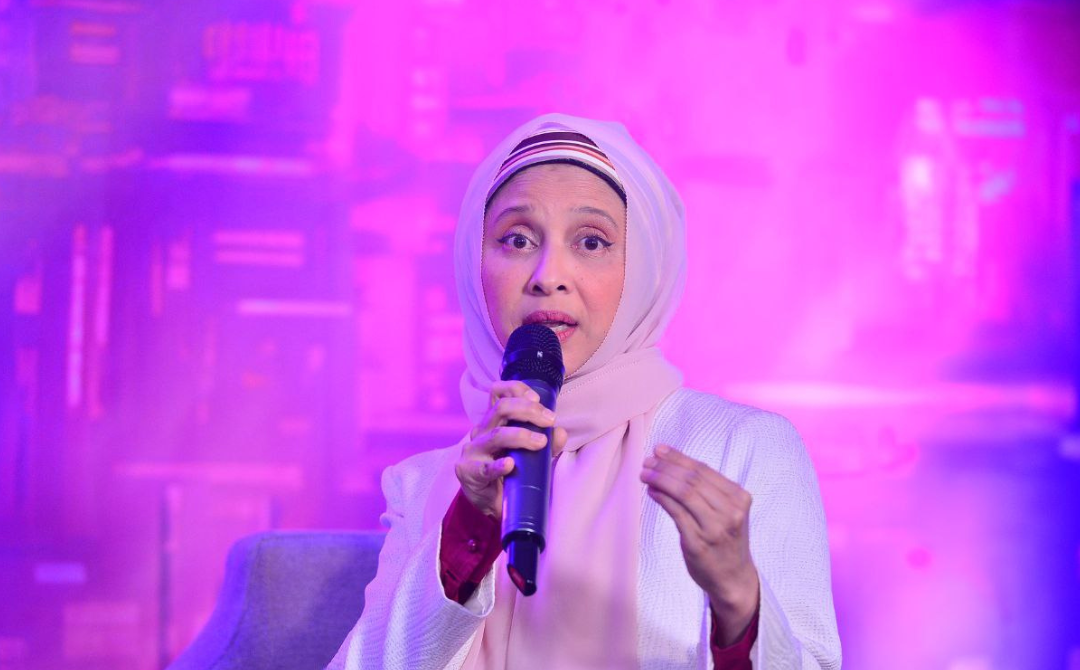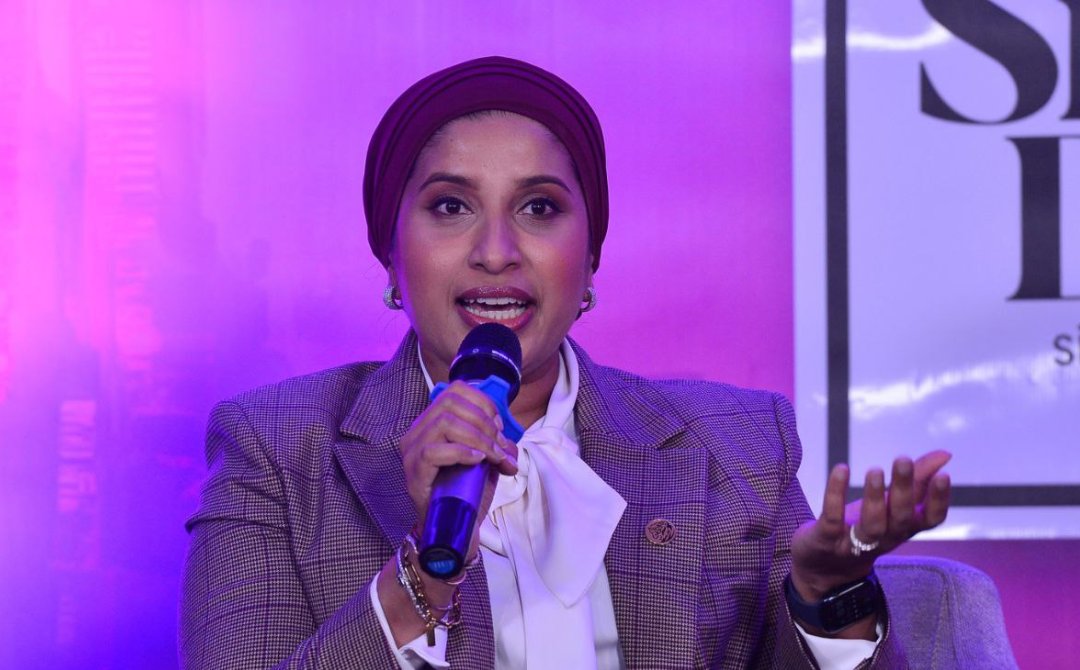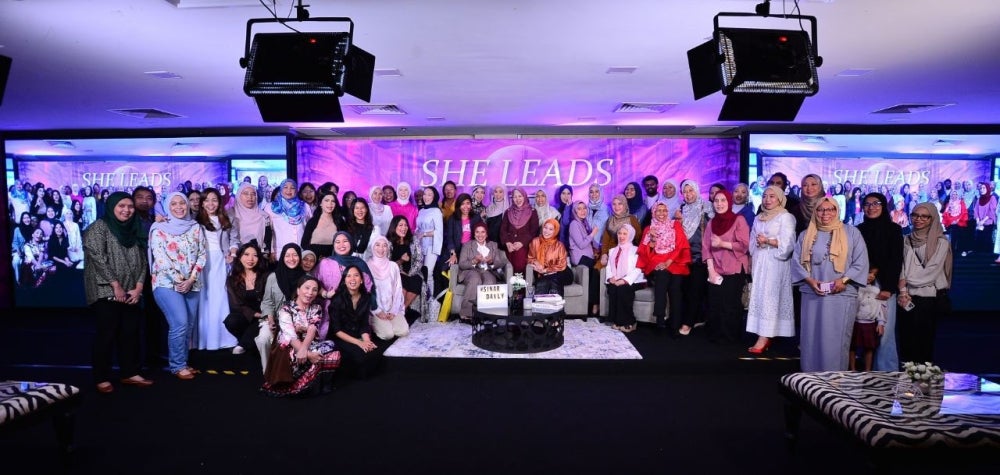The power of consistent saving habits for a worry-free retirement
While having objectives, such as a target amount for retirement is important, the strength of habit allows you to invest and save automatically, often without a specific reason.

BUILDING the habit of saving money consistently is far more important than just being driven by objectives, as shared during Sinar Daily’s She Leads 4 event, titled ‘Don’t Go Broke in Your Golden Years’ on Aug 27 recently.

During the panel discussion, financial and wealth planner Erin Adlina Adnan stressed the importance of forming savings and investment habits early, likening it to building muscle through consistent exercise.
“It takes just 14 days to establish a solid habit. Imagine starting the habit of saving money at 20 instead of 30, it’s significantly easier to maintain. It’s like exercise.
"Building habits is the key reason we need to start investing early. Most importantly, starting sooner strengthens your ability to maintain consistent investment and saving practices over time,” she said during a panel discussion at Karangkraf Media Group headquarters here.
Erin, who started saving at 18 thanks to her mother's influence, highlighted that developing good habits can be more advantageous than merely setting financial goals.
She emphasised that while having objectives, such as a target amount for retirement, is important, the strength of habit allows you to invest and save automatically, often without a specific reason.
“You don't need a reason to save or invest, which is even better than having a goal to invest,” she added.

The fourth pocket series captivated audiences by focusing on crucial topics like retirement finance management and the importance of empowering women financially.
Erin, along with Employees Provident Fund (EPF) policy and strategy department head Balqais Yusoff and Maybank Trustees Bhd chief executive officer Nor Fazlina Ghouse shared practical strategies and valuable insights to empower women in tackling financial challenges and securing their financial futures.
Meanwhile, Balqais stressed the importance of thoughtful decision-making when it comes to spending, advising people to differentiate between wants and needs.
“It’s important to ask yourself if what you’re spending on is a need or just a want. Sometimes, we get confused between what we want and what we actually need.
“Thus, you need to be able to differentiate between wants and needs. It's perfectly fine to save for something special you love, like celebrating your parents, but ensure you prioritise spending on what truly matters,” she said.

Balqais encouraged women to carefully plan their finances and consider short, medium, and long-term goals, adding that prioritising meaningful expenses, such as spending on loved ones, is just as essential as saving.
"You need to compartmentalise your thought patterns to make better decisions. Focus on what adds value to your life and balance your priorities to ensure you live a dignified life,” she said.
Adding to the conversation, Fazlina highlighted the importance of planning for the future, especially when it comes to family and legacy. She emphasised that women should develop the habit of ensuring a solid plan for what they want to leave behind for their families.
"If you don't start planning now, how can you ensure a comfortable lifestyle when you retire? You want to avoid the stress of financial struggles in retirement, right? To maintain that lifestyle, planning is essential. Without it, you risk facing the consequences later on,” she said.

Fazlina also said that the initiatives by EPF are commendable, especially as they address the challenges of an ageing population. She stressed that failing to plan could lead to financial stress, making it crucial to start early.
"As Balqais mentioned, we have institutions that provide a safe space for investment, ensuring your money grows for retirement, especially as we face an ageing population where people are living longer," she added.
Fazlina also highlighted the importance of understanding the role and services provided for women in trustees, encouraging them to take charge of their financial futures.
The panellists at She Leads 4 made it clear that empowering women financially involves more than just education, it’s about forming sustainable habits and making thoughtful, informed decisions to ensure a secure financial future.
She Leads is a meticulously curated series of networking events, transcending mere gatherings to become exclusive opportunities for professional women to build connections,and exchange insights on the issues faced in the working world.

The trio led a discussion on ensuring financial sustainability during retirement, with a focus on empowering women. They also shared practical insights on overcoming financial challenges, emphasising the importance of wills and trusts to protect assets, secure legacies, and provide for loved ones.











